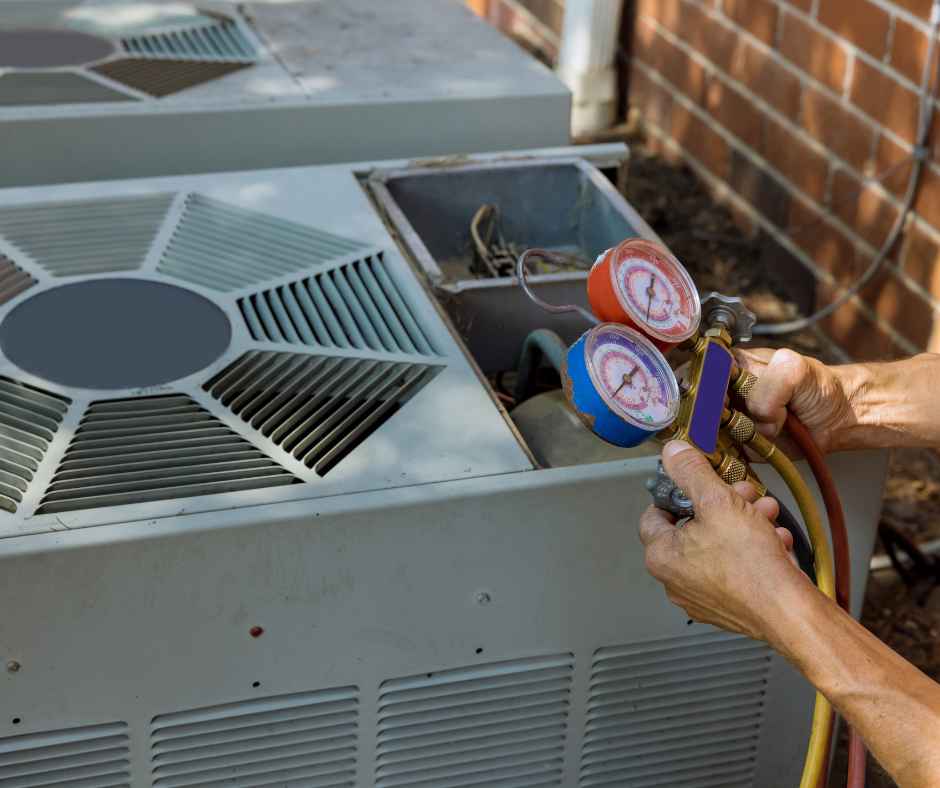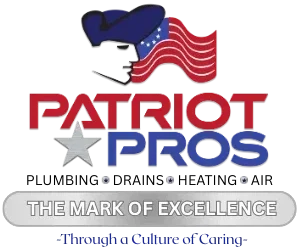Serving Douglas County & The Surrounding Areas
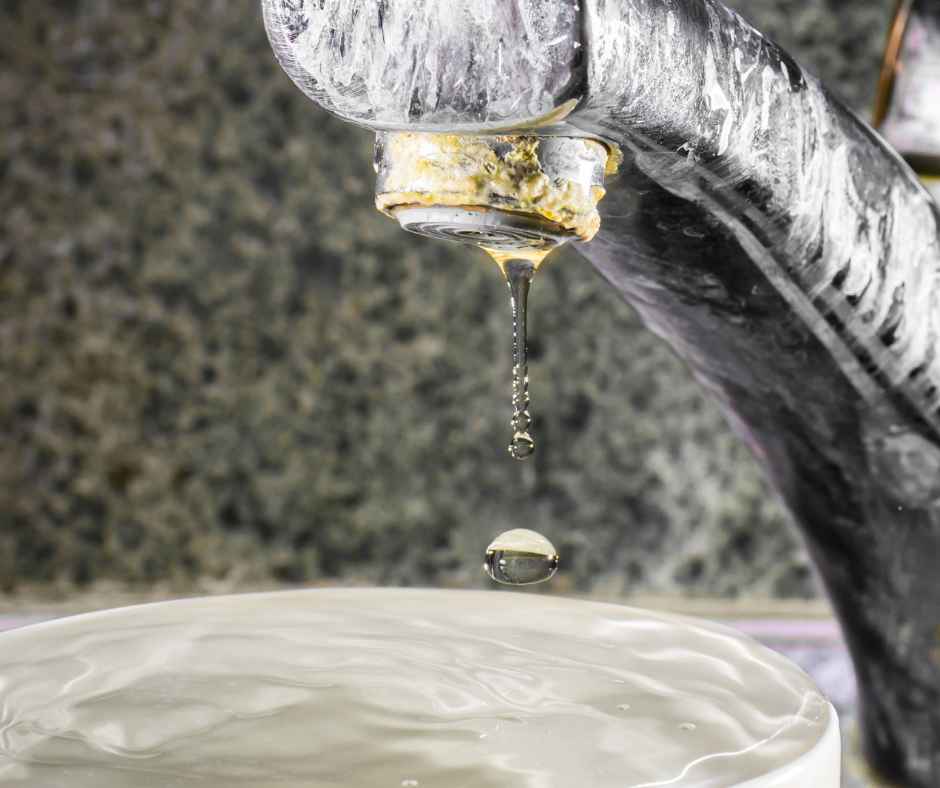
How to Choose the Right Water Filtration System for Colorado’s Hard Water
Colorado’s mountain scenery may be crystal clear—but your tap water often isn’t. With naturally high mineral content, much of the state deals with hard water that can damage plumbing, dry out your skin, and make appliances wear out faster. Left untreated, those harmless-sounding minerals can turn into expensive repairs and daily frustrations. That’s why choosing the right water filtration system is more than a luxury—it’s a necessity for homeowners in Colorado. From softeners to reverse osmosis to carbon filtration, the right setup can make a big difference.
In this blog, we’ll explore what makes Colorado’s water unique, how to recognize the signs of hard water, and how to choose a water filtration system that keeps your home—and your water—running clean.
Understanding Colorado’s Hard Water Problem
If you live in Colorado, chances are you’ve encountered hard water at some point. But what exactly is “hard” water? Simply put, hard water contains high concentrations of dissolved minerals—primarily calcium and magnesium. These minerals are naturally present in the state’s water supply due to the geological makeup of Colorado’s terrain. As water moves through soil and rock, it picks up these minerals, which then make their way into your home’s plumbing system.
Hard water levels are measured in grains per gallon (GPG), and anything above 7 GPG is considered “hard.” Many areas in Colorado test well above this threshold, which means homes across the state are dealing with more than just mild mineral content. Unfortunately, that extra calcium and magnesium doesn’t just float harmlessly in your water—it builds up over time.
This mineral buildup, also known as scale, can cling to pipes, fixtures, and appliances. You may notice your faucets get crusty, your water heater takes longer to work, or your dishes come out with spots no matter how much detergent you use. Beyond these daily nuisances, hard water can shorten the lifespan of water-using appliances and lower overall plumbing efficiency. Over time, untreated hard water can even clog pipes and cause pressure problems throughout your home.
In addition to these physical effects, many homeowners simply don’t like the way hard water feels or tastes. Showers can leave skin feeling dry or itchy. Laundry may look dingy. Drinking water might have a slight metallic or chalky aftertaste. While not typically dangerous to your health, Colorado’s hard water definitely affects comfort, convenience, and long-term costs.
Signs You Need a Water Filtration System
Recognizing the signs of hard water is the first step toward choosing the right solution for your Colorado home. If you’re constantly scrubbing mineral deposits off your fixtures or noticing unexpected appliance problems, your water may be working against you—not for you.
Common Symptoms of Hard Water in Colorado Homes
The effects of hard water often show up in subtle but persistent ways. You may notice a white, chalky buildup—called limescale—around your faucets and showerheads. Soap may not lather properly, and no matter how much shampoo you use, your hair feels dry and dull. Your skin might feel tight or itchy after a shower, and your dishes often emerge from the dishwasher with cloudy spots or a filmy residue.
Laundry is another clue: hard water can leave clothes feeling stiff or looking faded, even with proper detergent. Over time, you might also see your water heater, washing machine, or dishwasher struggling to operate efficiently. Scale buildup in these appliances forces them to work harder, leading to increased energy use and potential breakdowns.
Why Water Filtration Isn’t Just a Luxury
While hard water may not pose an immediate health risk, its long-term impact on your home can be costly. Mineral buildup in pipes can restrict water flow, reduce pressure, and lead to premature plumbing repairs. Water heaters in hard water regions often fail years earlier than expected due to internal scaling.
Standard water softeners may help reduce hardness, but they don’t always remove other unwanted elements like chlorine, sediment, or heavy metals. That’s why many Colorado homeowners turn to filtration systems designed to target both mineral content and additional contaminants. These systems don’t just protect your plumbing—they improve overall water quality for bathing, drinking, and cooking.
A water filtration system tailored to your needs can enhance comfort, safeguard your investment in appliances and plumbing, and even improve your home’s resale value. If you’re noticing any of these signs, it’s time to start considering your options.
Water Filtration Options and What Works Best in Colorado
When it comes to treating hard water in Colorado, there’s no one-size-fits-all solution. The right system depends on what’s in your water and how you use it. Some homes benefit from simple filters that improve taste, while others need robust, multi-stage systems to fully address hardness, sediment, and contaminants. Understanding the key types of systems available—and how they work—can help you make a more informed, cost-effective decision.
Whole-Home Water Softeners vs. Water Filters
A common misconception is that softeners and filters are interchangeable. In reality, they serve different purposes. A water softener is designed to remove calcium and magnesium—the minerals that cause hardness—through an ion-exchange process. This makes your water feel “softer” and helps reduce scale buildup on plumbing and appliances. However, softeners typically don’t remove other substances like chlorine, sediment, or metals.
On the other hand, water filters target those additional contaminants but don’t always remove hardness. For Colorado homeowners dealing with both mineral content and chemical taste or odor, a dual system that includes both a softener and a filtration unit may be the best approach. These whole-home solutions ensure that all the water entering your house—whether for drinking, bathing, or cleaning—is optimized for both performance and safety.
Reverse Osmosis Systems for Drinking Water
Reverse osmosis (RO) systems are excellent for point-of-use water purification—typically installed under a kitchen sink or connected to a refrigerator. These systems push water through a semipermeable membrane, effectively removing a wide range of contaminants including fluoride, nitrates, heavy metals, and even some bacteria.
While RO systems produce incredibly clean drinking water, they’re not designed to treat water for your entire home. They don’t soften water and are limited in volume output. That’s why many homeowners use an RO system alongside a softener or whole-home filter, creating a layered approach to water quality.
Carbon and Sediment Filters for Added Protection
Activated carbon filters are a great choice for removing chlorine, odors, and unpleasant tastes from tap water. They’re often used as a first stage in a multi-stage system or on their own for improving drinking water quality. These filters can also reduce exposure to volatile organic compounds (VOCs) and certain pesticides.
Sediment filters serve another key purpose: they catch dirt, sand, and rust particles that may be present in municipal or well water. In Colorado, where well water is common in rural areas, sediment filtration can protect both your plumbing and more sensitive filtration stages from damage and clogging.
Choosing the Right Water Filtration System for Your Colorado Home
Once you understand what’s in your water, the next step is choosing a system that solves your specific water quality challenges. Colorado’s hard water varies by region, and so should your approach to treating it. The right system will address your home’s unique needs, usage, and long-term goals—not just the general symptoms of hard water.
Factors to Consider Before Choosing a System
Start by getting your water tested. A professional water quality test can identify not only hardness levels but also the presence of chlorine, sediment, iron, or other unwanted elements. Knowing what you’re dealing with helps narrow down your options and avoid investing in the wrong type of system.
Next, consider your home’s size and layout. A household with three bathrooms and multiple water-using appliances will require a higher-capacity system than a small condo. You’ll also want to think about where the system will be installed—space and plumbing access can affect your choices.
Don’t forget to factor in ongoing maintenance. Some filters need to be changed every few months, while others can last years. Reverse osmosis systems require regular filter changes and membrane replacements. Water softeners may need periodic salt refills or tank maintenance. Make sure you choose a system that fits both your lifestyle and comfort level with upkeep.
Finally, balance upfront cost with long-term value. While some filtration systems come with a higher installation price, they can offer significant savings over time through reduced plumbing repairs, longer-lasting appliances, and improved water efficiency.
When to Call a Professional
Even if you’re handy, choosing and installing a water filtration system isn’t something you want to guess your way through. A licensed plumbing and water quality expert can help you:
- Accurately test your home’s water
- Recommend the best type of system based on your results
- Size and install the unit properly for maximum performance
- Ensure compatibility with your existing plumbing and appliances
- Guide you through available rebates, warranties, or financing options
In Colorado, where water conditions can vary block by block, professional guidance ensures you get a system that actually works—not just one that sounds good on paper.
Tips to Maintain Your Water Filtration System
Installing the right water filtration system is a smart step toward protecting your home and improving your water quality—but ongoing maintenance is what keeps it running efficiently. Whether you’ve invested in a whole-home softener, a carbon filter, or a reverse osmosis system, a little routine care goes a long way in maximizing performance and longevity.
Stay on Top of Filter Changes
Every filtration system has its own schedule for replacing filters or components. Carbon and sediment filters may need to be swapped out every 3 to 6 months, depending on usage and water quality. Reverse osmosis membranes typically last 2 to 3 years but require pre- and post-filters to be replaced more often. Skipping these changes can reduce effectiveness and even damage the system over time. Set calendar reminders or enroll in an automatic filter replacement program if available.
Watch for Pressure Drops or Taste Changes
If you notice reduced water pressure or a change in the taste, smell, or clarity of your water, it may be a sign that your system needs attention. Clogs, expired filters, or buildup in the lines can all impact flow and effectiveness. Pay attention to any changes and address them promptly to avoid bigger problems.
Schedule Annual Professional Inspections
Even with regular maintenance, having a licensed plumber inspect your system annually ensures that everything is functioning as it should. They can check for leaks, test output quality, flush buildup from tanks or lines, and perform maintenance tasks that extend the life of your investment. It’s a small service that can save you major headaches down the road.
Keep an Eye on the Water Softener’s Salt Supply
If your system includes a softener, don’t forget to monitor the salt levels in the brine tank. Too little salt and your system won’t regenerate properly, reducing its ability to remove hardness. Check the tank monthly and top it off when needed. Use the right type of salt recommended by the manufacturer to keep things running smoothly.
Wrap-Up: Protect Your Home With the Right Water Filtration System
Hard water may be a fact of life in Colorado—but living with its damaging effects doesn’t have to be. Whether you’re dealing with mineral buildup, dry skin, or worn-out appliances, the right water filtration system can make a world of difference in your home. From improving water taste to protecting your plumbing and maximizing energy efficiency, investing in filtration is a smart step toward long-term comfort and value.
With so many options available, it’s important to choose a system tailored to Colorado’s unique water challenges—and to your household’s needs. A professional can help you test your water, explore the right combination of filtration and softening technologies, and ensure expert installation that lasts.
At Patriot Pros, we specialize in helping Colorado homeowners find smart, lasting solutions to hard water issues. From whole-home filtration systems to point-of-use purification, our licensed technicians have the knowledge and tools to deliver clean, efficient water where it matters most.
Contact Patriot Pros today to schedule your water quality consultation and start enjoying softer, cleaner, more reliable water in your home.
Recent News
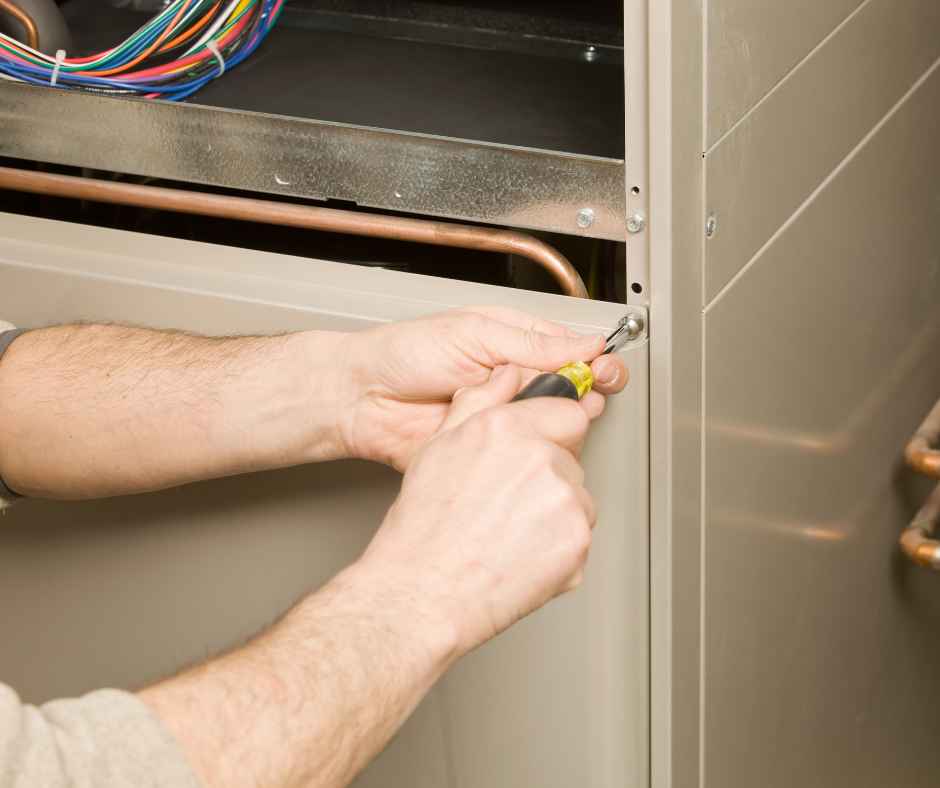
Navigating Colorado’s 2026 High-Efficiency Rules: What Front Range Homeowners Need to Know

Snow, Freeze & Thaw: How Colorado Winters Stress Your Plumbing
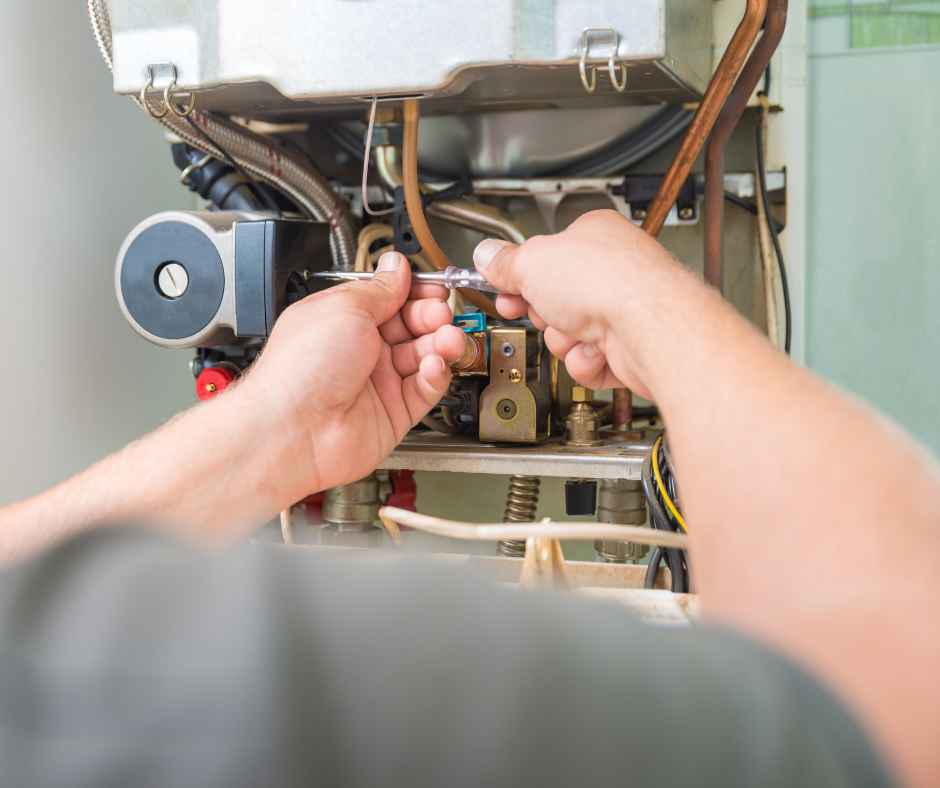
Emergency Heating Repairs: What to Do If Your Furnace Fails During a Colorado Snowstorm
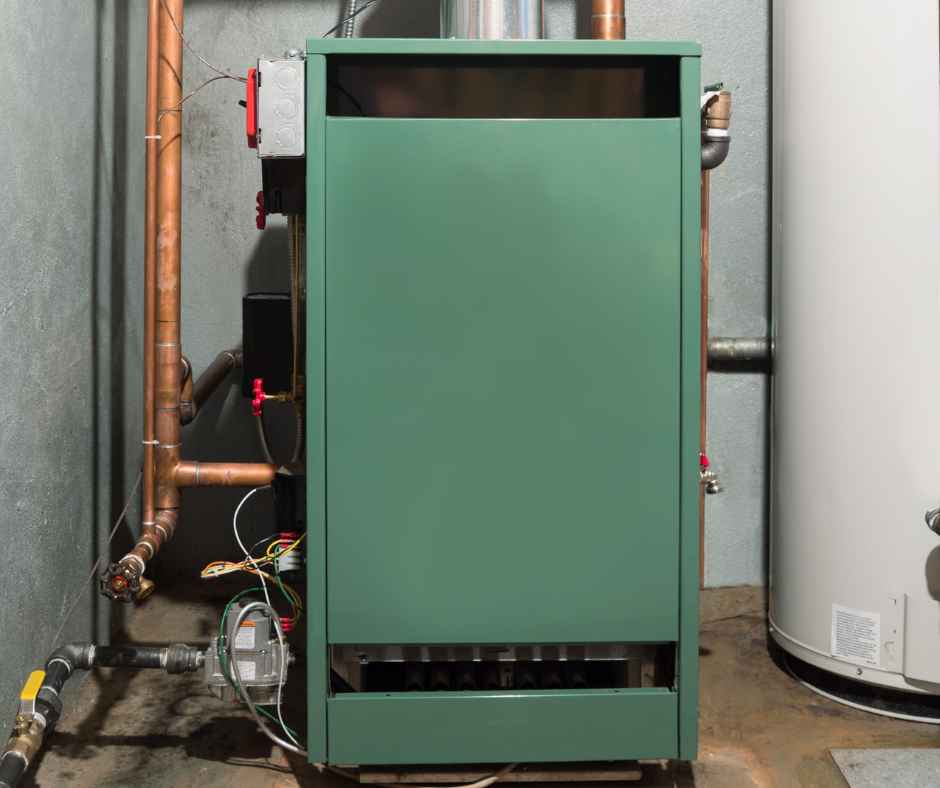
Comparing Heating Options for Colorado Homes: Furnace vs. Boiler vs. Heat Pump
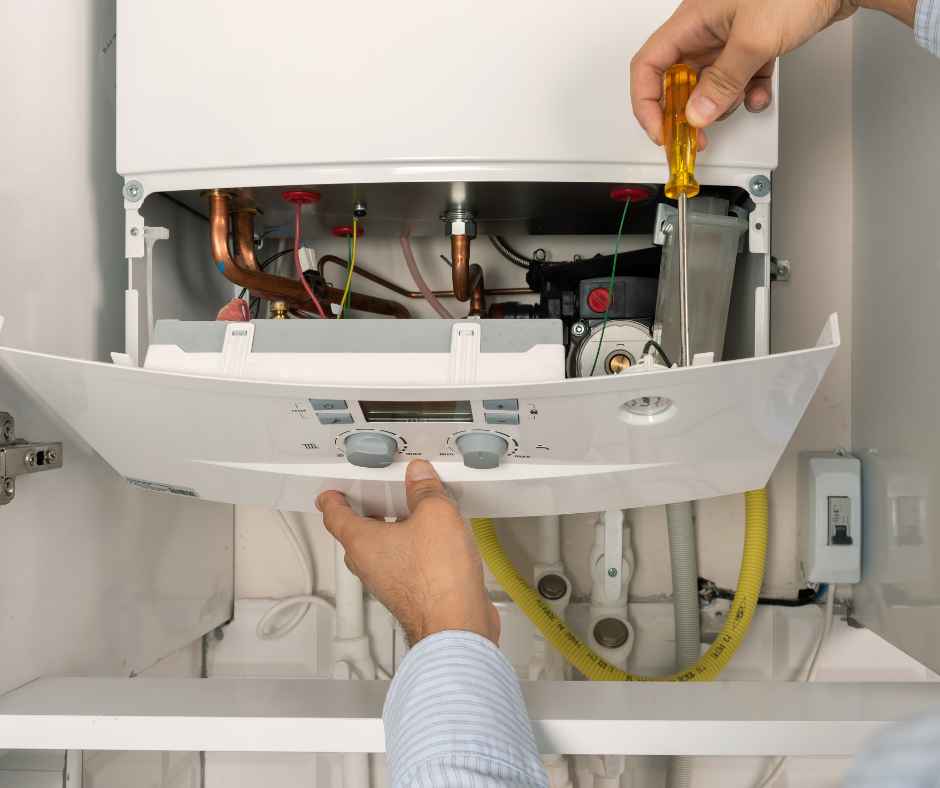
The Ultimate Fall & Winter Boiler & HVAC Maintenance Checklist for Castle Rock Homes
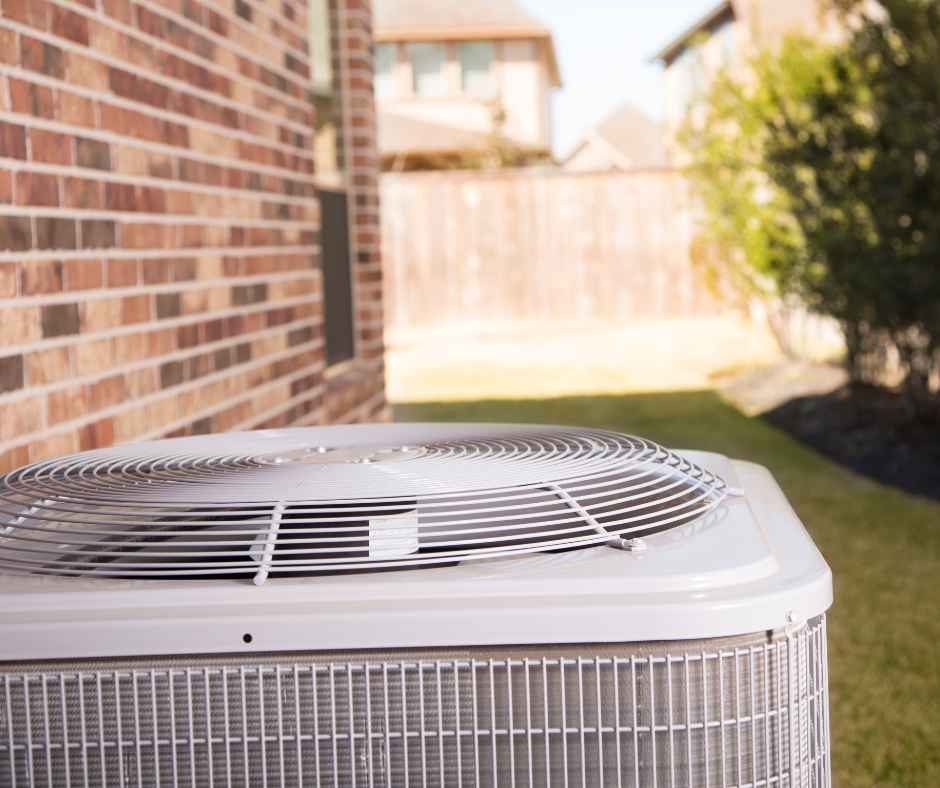
Maximizing AC Efficiency in High Altitude: Denver’s Summer Cooling Guide
